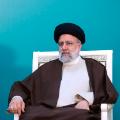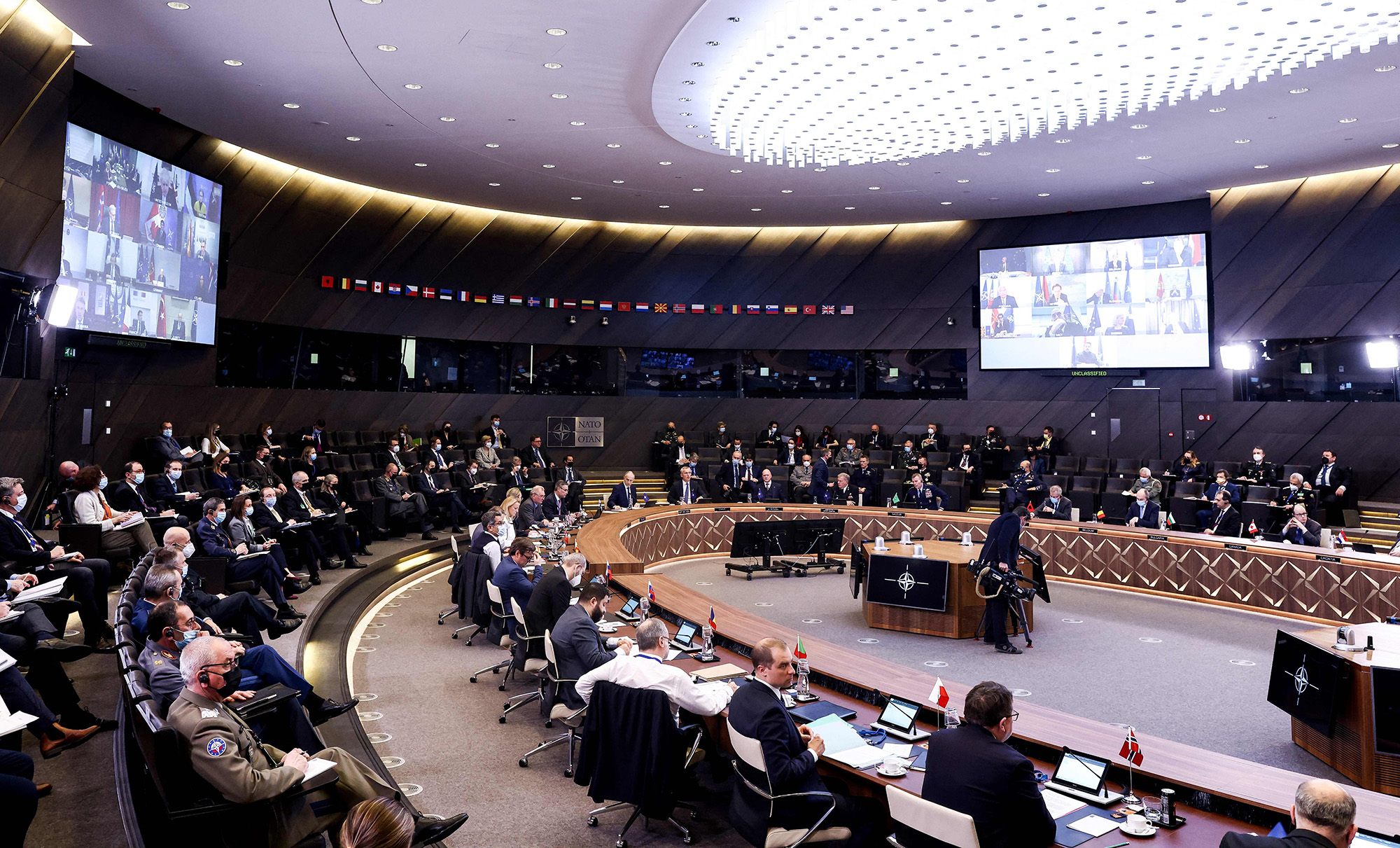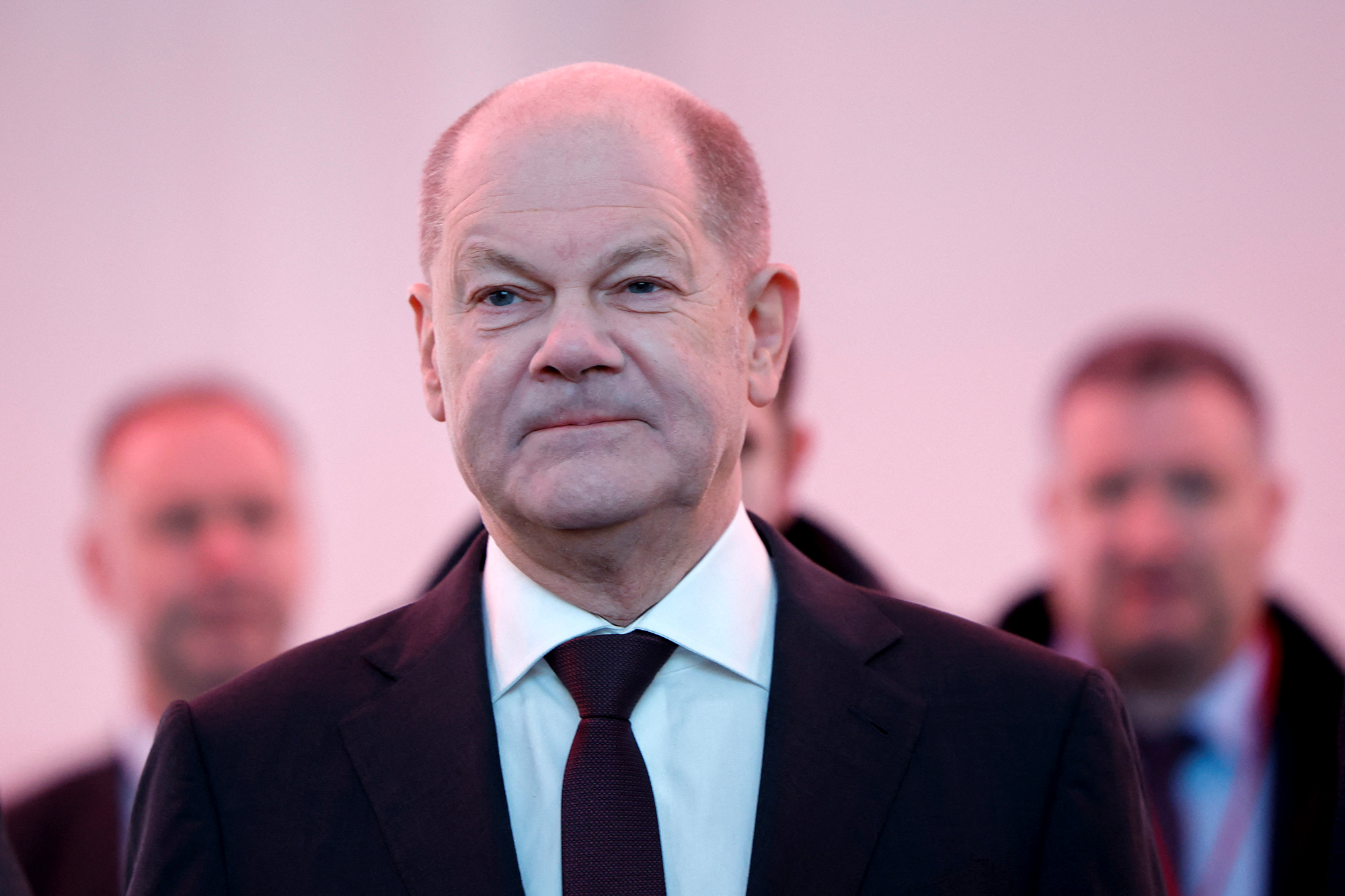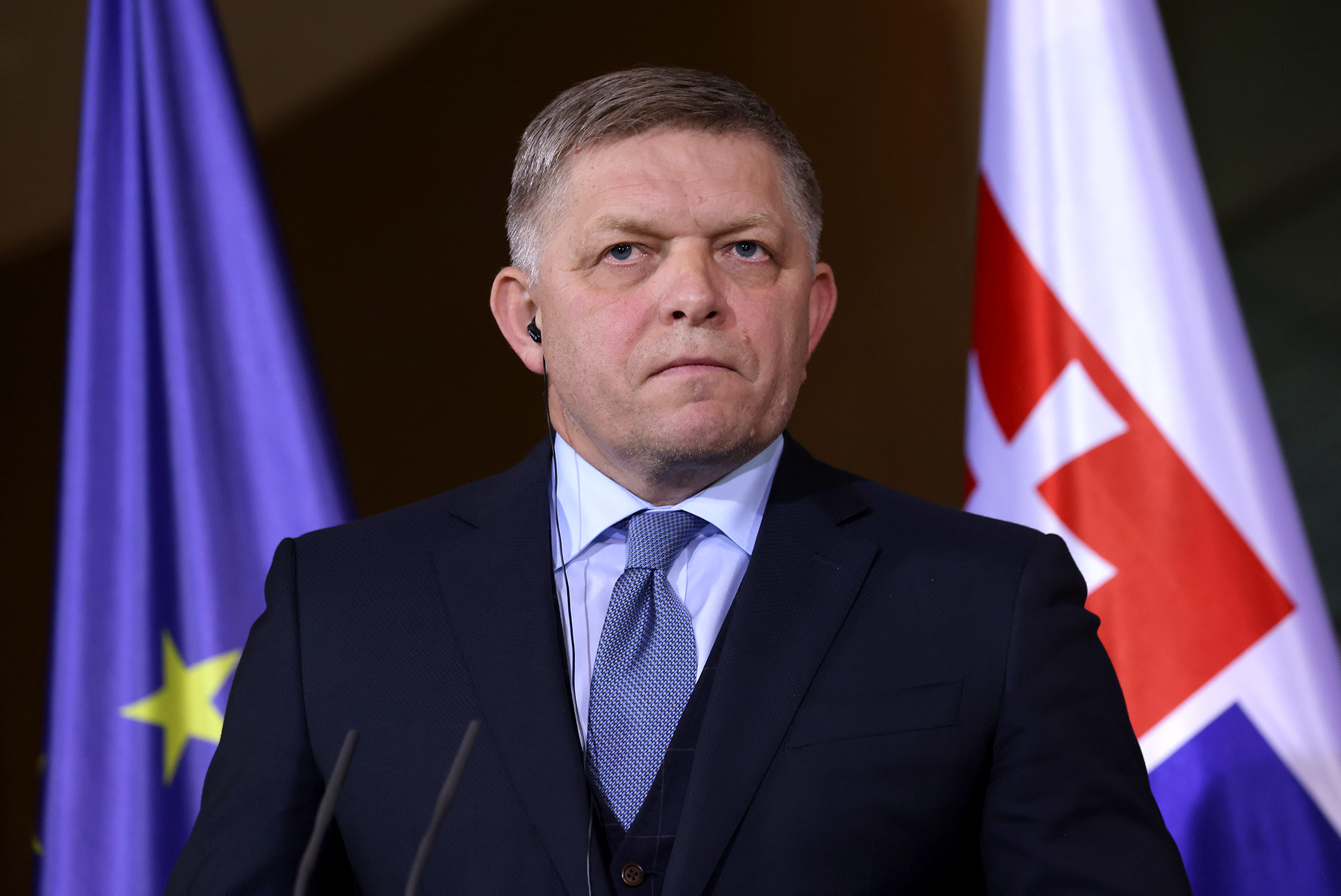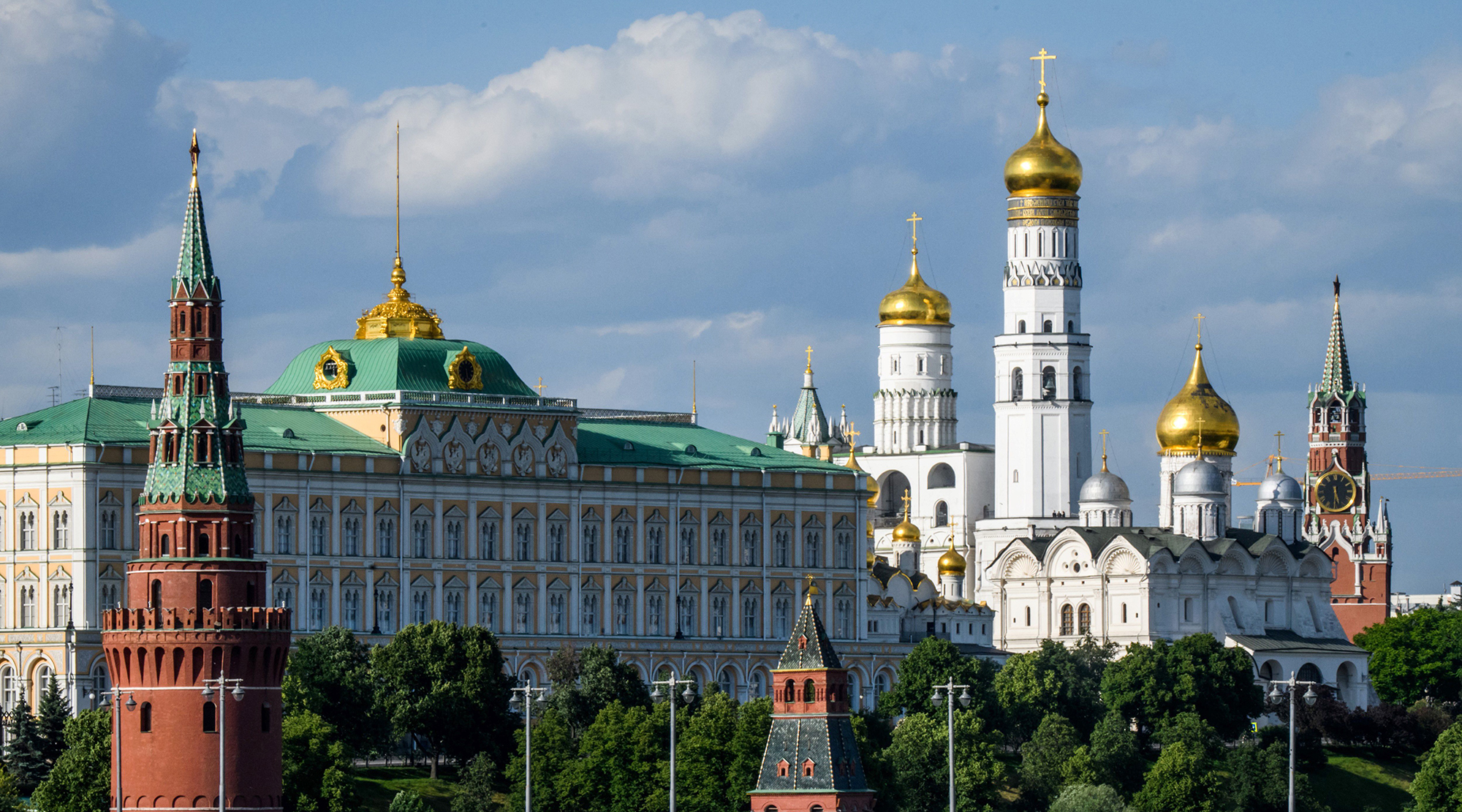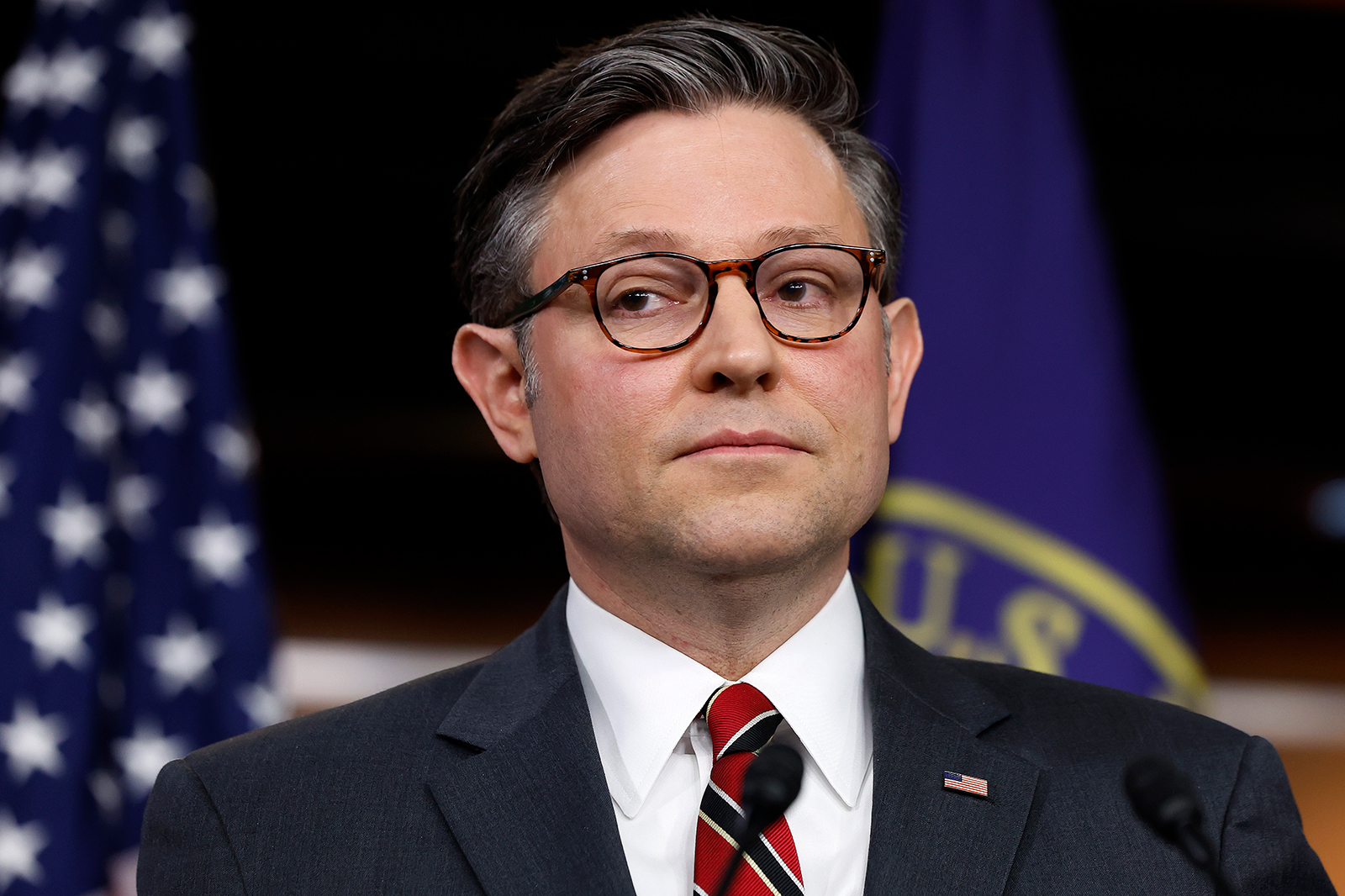Following a meeting of European leaders in Paris on Monday, French President Emmanuel Macron said that sending Western troops to Ukraine “cannot be ruled out."
His comments have drawn a swift response from various leaders, with one clear message: that will not be happening.
Kremlin spokesperson Dmitry Peskov said Tuesday that conflict with Russia would be inevitable if Western nations sent troops into Ukraine.
Here's what other countries have to say:
- NATO: A NATO official has told CNN there are "no plans" to deploy combat troops on the ground in Ukraine. They said that alongside their allies they are already providing "unprecedented military support" to the country, and will continue to support the European nation as it has up to now.
- Germany: German Chancellor Olaf Scholz said the nations agreed at the meeting that "there will be no ground troops, no soldiers on Ukrainian soil sent there by European countries or NATO states."
- Slovakia: Slovak Prime Minister Robert Fico warned Monday that proposals by Western states to send troops to Ukraine would lead to a "significant escalation of tensions." Fico said his government "will never agree to send Slovak troops to the war in Ukraine."
- Poland: Prime Minister Donald Tusk said the country was "not considering sending our soldiers to Ukraine," but said it must help Ukraine defend itself against Russian invasion, according to the Polish Press Agency (PAP).
- Hungary: Foreign Minister Péter Szijjártó, said Hungary was not prepared to send either weapons or soldiers to Ukraine. "The war must be ended, not deepened and widened," he said in a post on Facebook.
- United Kingdom: Britain has no plans for a troop deployment to Ukraine, a spokesperson for Prime Minister Rishi Sunak said Tuesday, according to Reuters.
- Italy: Prime Minister Giorgia Meloni's office stressed that there has been "full cohesion" among allies over "support" for Ukraine, but "this support does not contemplate the presence" of European or NATO troops on Ukrainian territory.
- Spain: Voicing the Spanish government's disagreement with Macron, spokesperson Pilar Alegria said that Spain would prefer to focus instead on the need to "speed up the delivery of material" to Ukraine.
